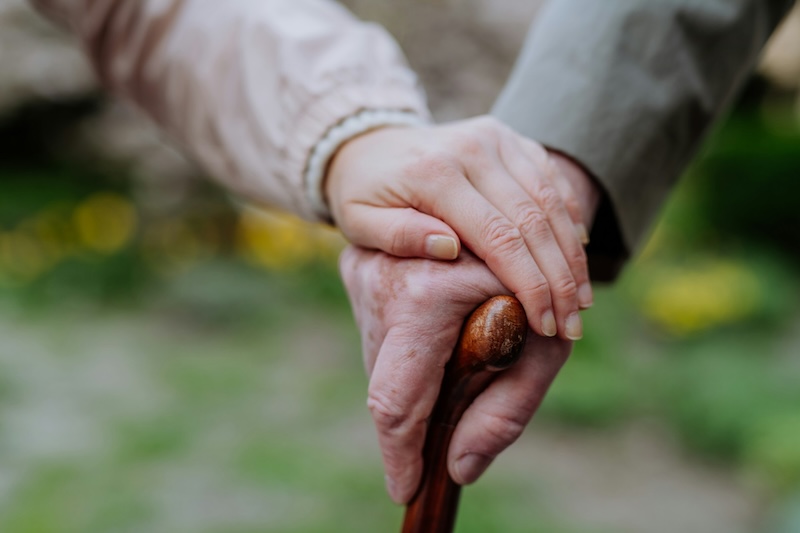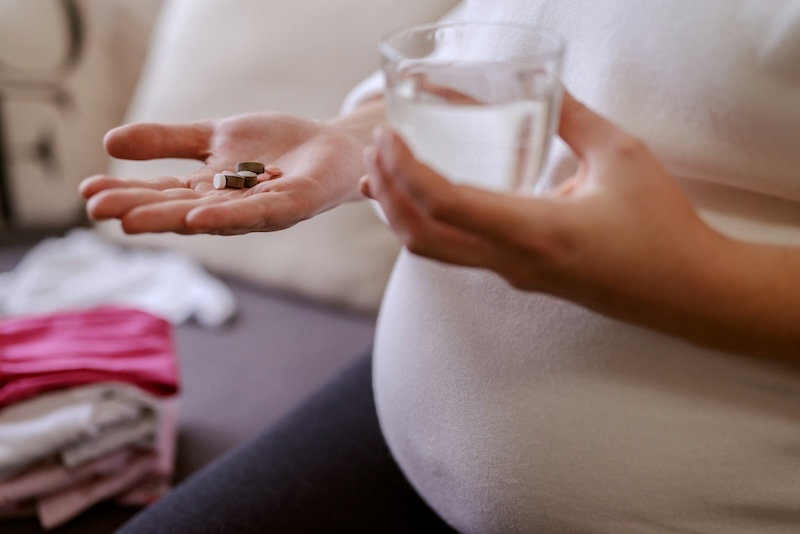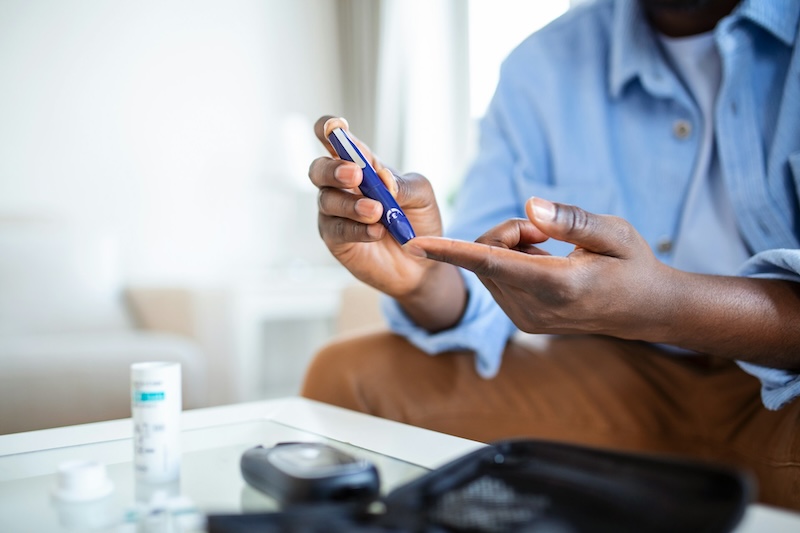Cheating to feel smarter? Discover how we unknowingly deceive ourselves to boost confidence and well-being.
Vous n'êtes pas connecté
- English
- Français
- عربي
- Español
- Deutsch
- Português
- русский язык
- Català
- Italiano
- Nederlands, Vlaams
- Norsk
- فارسی
- বাংলা
- اردو
- Azərbaycan dili
- Bahasa Indonesia
- Հայերեն
- Ελληνικά
- Bosanski jezik
- українська мова
- Íslenska
- Türkmen, Түркмен
- Türkçe
- Shqip
- Eesti keel
- magyar
- Қазақ тілі
- Kalaallisut ; kalaallit oqaasii
- Lietuvių kalba
- Latviešu valoda
- македонски јазик
- Монгол
- Bahasa Melayu ; بهاس ملايو
- ဗမာစာ
- Slovenščina
- тоҷикӣ ; toğikī ; تاجیکی
- ไทย
- O'zbek ; Ўзбек ; أۇزبېك
- Tiếng Việt
- ភាសាខ្មែរ
- རྫོང་ཁ
- Soomaaliga ; af Soomaali
 Maroc - MEDINDIA.NET - Latest Mental Health News - 07/Feb 23:16
Maroc - MEDINDIA.NET - Latest Mental Health News - 07/Feb 23:16
Fool Yourself, Feel Smarter: The Science of Hidden Cheating
People often deceive themselves to feel smarter and healthier, according to a new study led by Sara Dommer, assistant professor of marketing at Penn State.
Articles similaires
Younger people more susceptible to nicotine addiction than middle-aged adults
People in their late teens and early 20s may be more sensitive to nicotine and more susceptible to nicotine addiction than middle aged adults,...
Why muscles weaken when we get older
Many people assume that losing muscle strength is a natural part of aging. We often think our muscles simply wear out over time, leading to weakness....
Beat Loneliness for a Healthier Liver
medlinkLoneliness/medlink and social isolation could raise the risk of non-alcoholic fatty liver disease (NAFLD), according to a new study conducted
The existence of a nuclear-spin dark state proved
Quantum computers could potentially revolutionize technology by solving complex problems. However, they often experience instability due to...
Machine learning tool predicts cancer treatment response based on genetic mutations
A groundbreaking study led by USC Assistant Professor of Computer Science Ruishan Liu has uncovered how specific genetic mutations influence cancer...
Personality could affect depression symptoms, study finds
Depression affects more than 280 million people worldwide, according to the World Health Organization. However, not everyone experiences it the same...
Why do so many people refuse cholesterol-lowering statins?
Heart disease is the leading cause of death in the United States, claiming a life every 34 seconds, according to the Centers for Disease Control...
New diabetes drug may offer extra heart benefits for older people
A widely used diabetes medication may provide additional health benefits for older adults, according to a large-scale study led by the University of...
Transforming Science: Celebrating Women’s Contributions To STEM Fields – Analysis
The International Day of Women and Girls in Science is an annual observance adopted by the United Nations General Assembly to promote the full and...
Les derniers communiqués
-
Aucun élément









